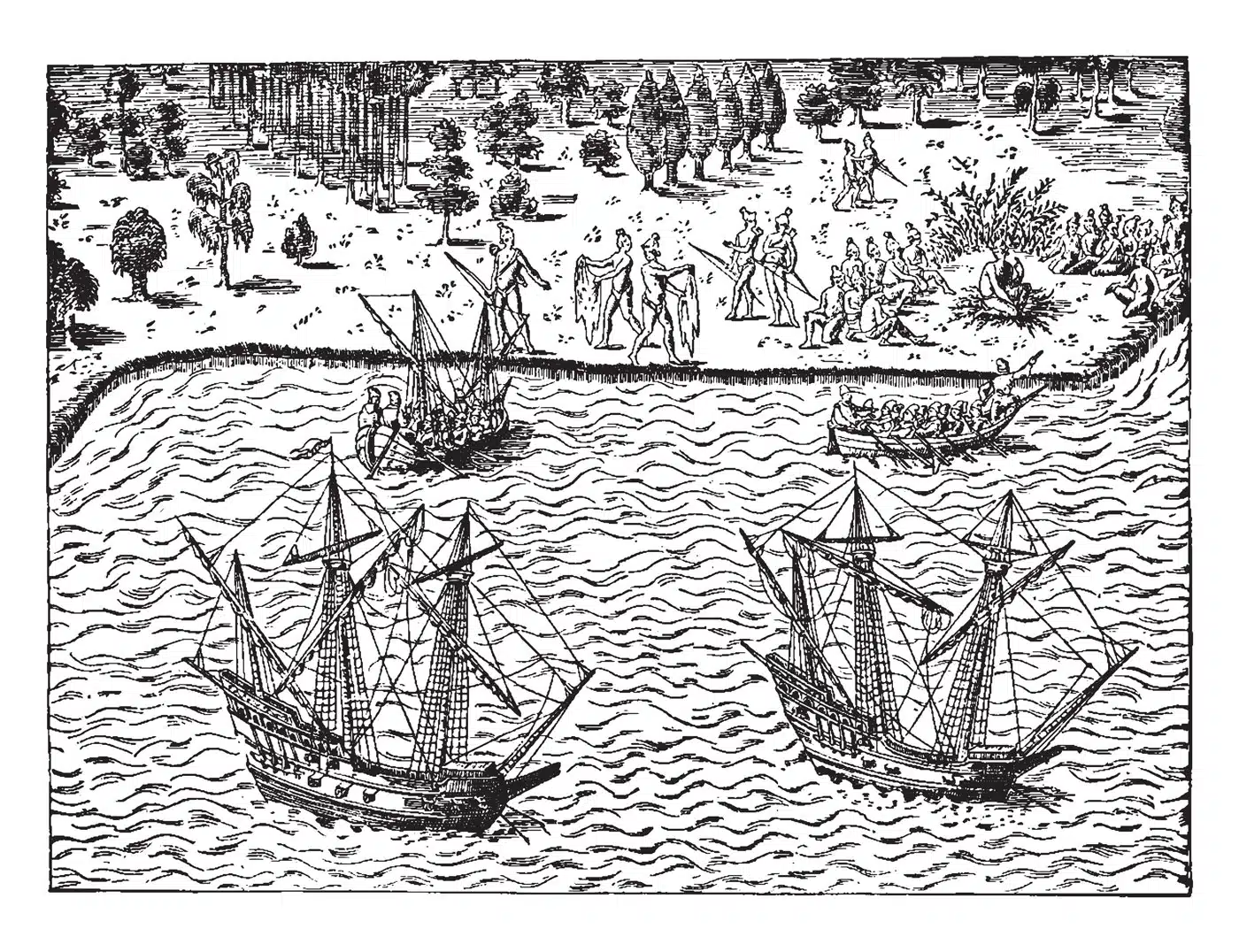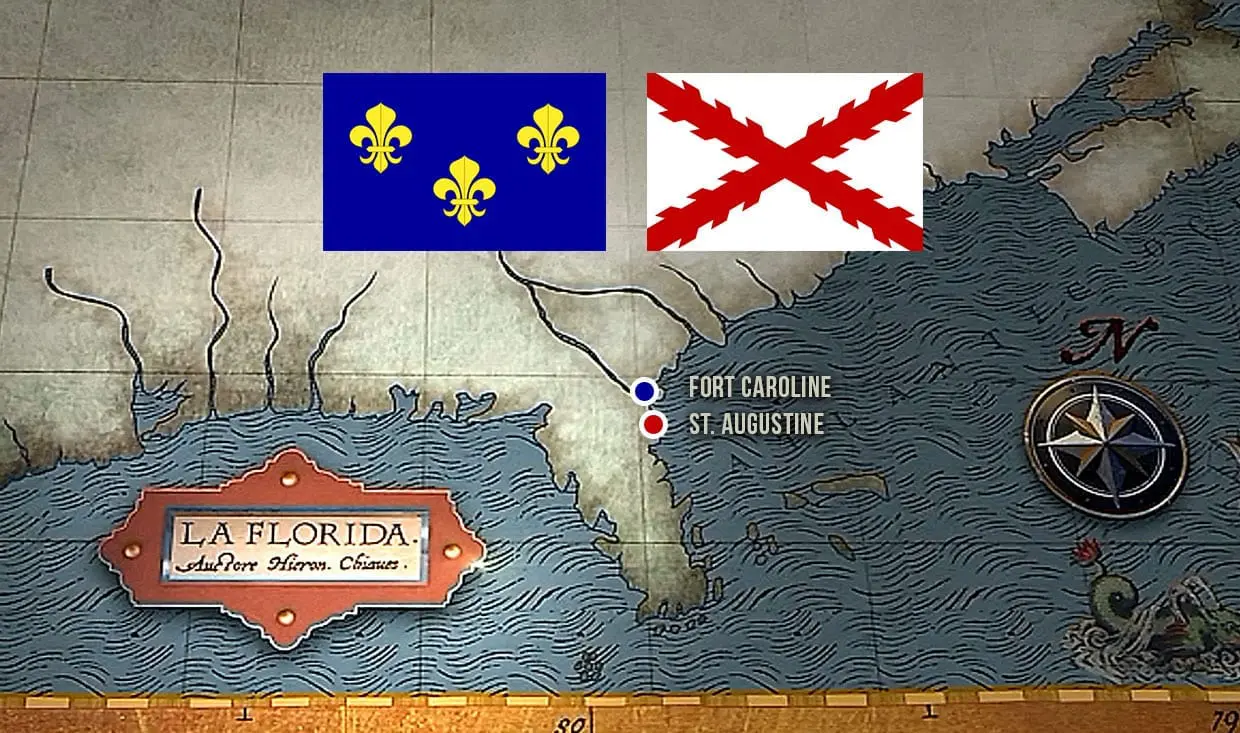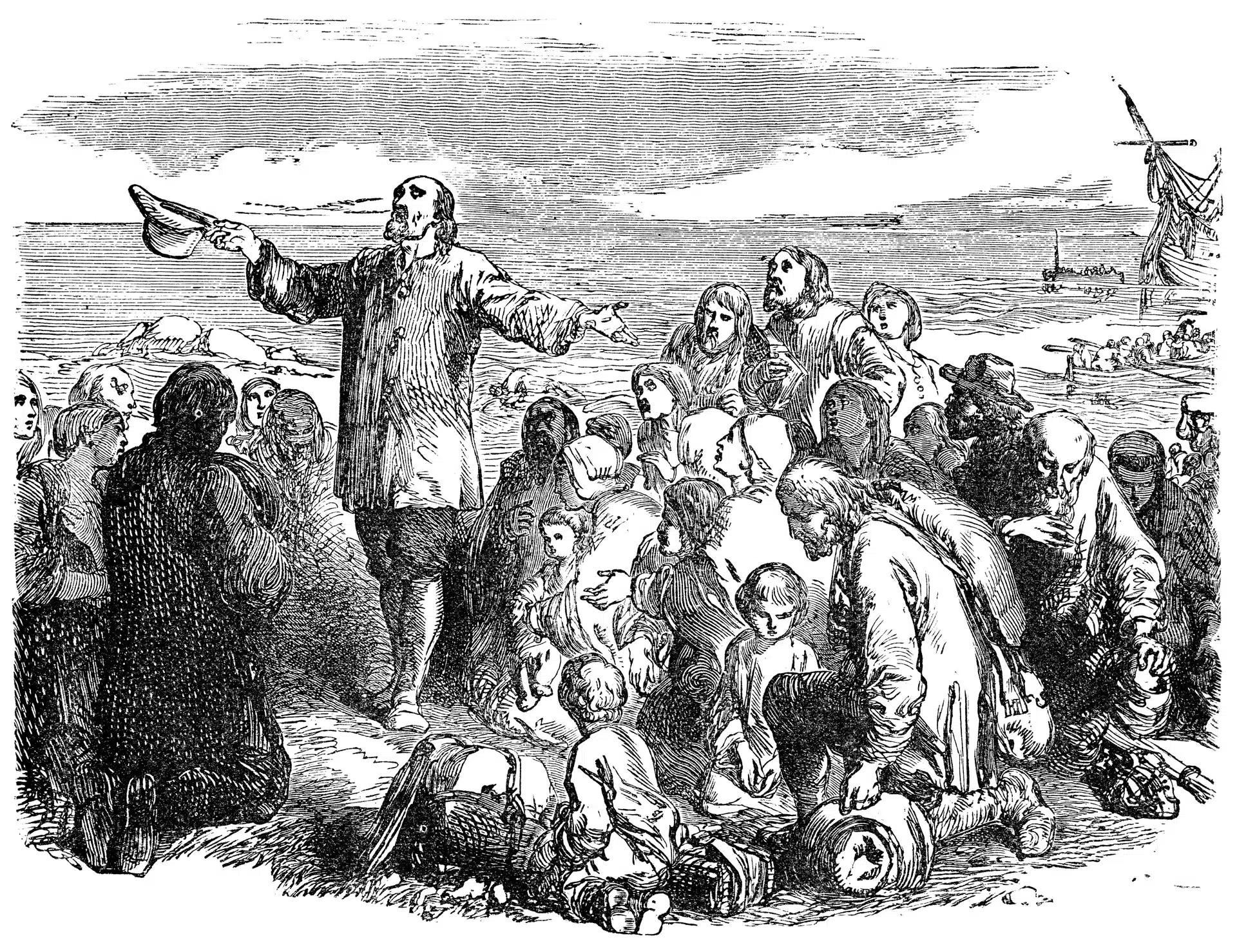History often holds captivating stories that connect us to the past, shedding light on the people and events that have shaped the world we live in today. Jacksonville, Florida, a vibrant city known for its rich cultural heritage and scenic beauty, is no exception. At the heart of Jacksonville’s history lies the enigmatic figure of Jean Ribault, a French Huguenot explorer, and navigator whose journey to the New World left an indelible mark on this region. In this article, we delve into the life and adventures of Jean Ribault, as well as his significant contributions to the history of Jacksonville, Florida.
Discovering Jean Ribault
Jean Ribault was a 16th-century French Huguenot navigator and explorer born in Dieppe, France, around 1520. He hailed from a seafaring family, and from an early age, he showed a keen interest in maritime exploration. In the mid-16th century, the Age of Discovery was in full swing, with European powers vying for dominance in the New World. Ribault eagerly embraced this era of exploration. Consequently, he was soon at the forefront of France’s efforts to establish a foothold in North America.
The Voyage to the New World
In 1562, Jean Ribault set sail from France, leading an expedition sponsored by the French crown and Huguenot supporters. The objective of this voyage was to establish a French colony in the southeastern part of North America, while in pursuit of religious freedom and tolerance for the Huguenots.
Ribault’s fleet reached the eastern coast of present-day Florida, where they encountered the magnificent St. Johns River. Struck by the beauty and strategic significance of the area, Ribault and his crew decided to establish several settlements. The first named Charlesfort (1562) was near present-day Parris Island, South Carolina, and the second, Fort Caroline (1564) was near present-day Jacksonville, Fl. They named the new 1564 colony “La Caroline” after their monarch, King Charles IX of France.

Fort Caroline: A French Huguenot Haven
Fort Caroline became the first European settlement in the present-day United States. Situated along the banks of the St. Johns River, it served as a strategic outpost for trade and exploration. The colony thrived, and the French Huguenot explorers cultivated friendly relations with the local Timucua Native American tribe.
The site of Fort Caroline in Jacksonville, Florida, holds historical significance, as it stands as a testament to the early European presence in North America. Visitors today can explore the reconstructed Fort Caroline National Memorial, offering a glimpse into the past and honoring Jean Ribault’s contributions to American history.
The Rivalry with Spain
As with many colonial endeavors of the time, competition was fierce. Spain, already well-established in the New World, viewed the French presence as a threat to its own territorial ambitions. This tension escalated into conflict, leading to the outbreak of the First French-Spanish War in 1562.
Spanish forces, under the command of Pedro Menéndez de Avilés, set their sights on eliminating the French presence in Florida. In a swift and brutal maneuver, Menéndez attacked Fort Caroline, resulting in the massacre of the French colonists. Ribault’s efforts to reinforce the settlement with additional supplies and settlers met a similar fate. Unfortunately, a hurricane struck his fleet off the coast of Florida, leading to the loss of many lives and ships.
The tragic events of 1565 marked a turning point in the struggle for control of Florida. Spain emerged victorious, and St. Augustine, established by Menéndez earlier that year, became the first permanent European settlement in what is now the United States.
Jean Ribault’s Legacy
Despite the defeat at Fort Caroline, Jean Ribault’s legacy endures. His explorations and settlements laid the groundwork for future European colonization and shaped the course of American history. The brief French Huguenot presence in Florida served as a precursor to further European exploration and settlement in the region.
Moreover, Ribault’s expeditions contributed to a deeper understanding of the geography of the southeastern coast of North America. His meticulous mapping and documentation of the region’s waterways and coastlines were invaluable to subsequent explorers and settlers.
Unraveling Jacksonville’s History
Jacksonville, Florida, proudly embraces its historical ties to our Christian faith, Jean Ribault, and the French Huguenot explorers. Several historical sites and landmarks, including Fort Caroline National Memorial, demonstrate the city’s commitment to preserving and promoting this heritage. In addition, the Ribault Club, an elegant historic building that once served as a club for wealthy tourists and residents during the early 20th century, stands as a testament to the city’s dedication to its historical legacy.
Beyond its historical sites, Jacksonville offers a modern and thriving cityscape with a blend of cultural events, culinary delights, and stunning beaches. As you explore the city, take a moment to appreciate the deep-rooted history that underpins Jacksonville’s identity and the pioneering spirit of figures like Jean Ribault and the French Huguenots.
Conclusion
The story of Jean Ribault and his impact in Jacksonville, Florida, is a poignant reminder of the complex and intertwined histories that have shaped Florida and our world. As we uncover these layers of history, we gain a deeper appreciation for the people and events that have shaped the communities of early America.
By cherishing our history and understanding the journeys of those who came before us, we can build a better foundation for the future. We see in the life of Jean Ribault and the Huguenots those who put their faith in Jesus Christ at the center of their eco-system. In doing so they showed the world what true Christlike devotion looks like. May we have the courage to do the same for our generation.


